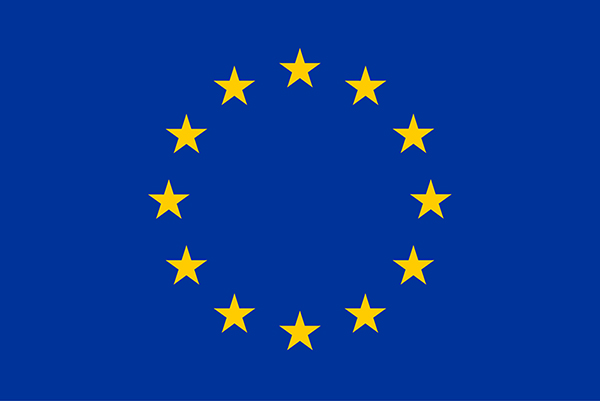- Industry
- Region
- Country / Region
On 23 November 2022, the European Commission published Commission Implementing Decision (EU) 2022/2307 entitled "Revision of Implementing Decision (EU) 2022/179 on the designation and provision of the frequency bands 5150-5250 MHz, 5250-5350 MHz and 5470-5725 MHz in accordance with the technical conditions specified in the Annex". The revision comes in response to a request by the European automotive industry for the European Commission to confirm the use scenarios of the 5470-5725MHz band in Decision (EU) 2022/179 published on 8 February 2022. The European Postal and Telecommunications Commission (CEPT) then conducted a study and finally updated the implementation date from 1 March 2022 to 30 June 2023 with no technical changes in the requirements given in (EU) 2022/2307.
Click on this link to view the original decision (EU) 2022/2307.
On June 7, 2019, the European Union published Directive (EU) 2019/882, also known as the European Accessibility Act (EAA). The directive complements the European Web Accessibility Directive (EU) 2016/2102 (Web Accessibility Directive). Accessibility means that products, services, or environments should be designed to allow people with disabilities to be able to use them equally (directly or indirectly (with some degree of assistance).
Applicable Products & Services:
For specific products covered by the EAA, please refer to Article 2 Scope of Chapter 1 of the EU Directive (EU) 2019/882 (hereinafter referred to as "relevant products and services"). The specific "Accessibility" requirements are detailed in Directive (EU) 2019/882 ANNEX 1. Some example products include:
- computer and operating system
- ATMs, ticket machines and check-in machines
- Smartphones
- Television equipment related to digital television services
- Telephone service and related equipment
- Access to audiovisual media services such as television broadcasting
- Air, bus, rail and water passenger transport related services
- Banking services
- E-book
- E-commerce
Implementation time and transition period:
According to Directive EU2019/882, all relevant products and services, in particular digital technologies, that enter the EU market after 28 June 2025 must be accessible to persons with disabilities and older persons. The goal is to standardize accessibility and ensure easier access to relevant services and products.
Products that have been on the market or services that have been provided before June 28, 2025 can continue to be used for the duration of the contract, but with a maximum transition period of 5 years. That is, by 28 June 2030, the EEA must fully apply to all relevant products or services offered on the EU market, including those already on the market before 28 June 2025.
Click on this link to view the original Directive (EU) 2019/882.
